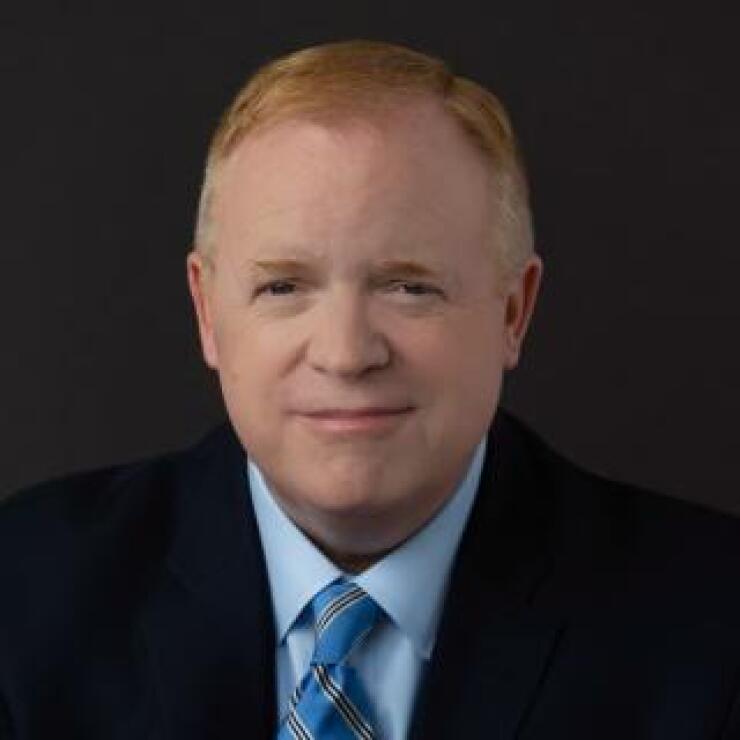In 2000, the International Association for Financial Planning and the Institute for Certified Financial Planners merged to form the Financial Planning Association (FPA) to unify the financial planning community and advance the profession by focusing on the standards the CFP marks represent. Leaders of both groups embraced this purpose because they recognized that the marks represented what financial planning was and could be moving forward.
At the time of the merger, the 30-year-old financial planning profession was in its childhood, but there was a recognition that a strong profession required an equally strong membership body focused on supporting and advancing itself. The importance of a strong association being at the heart of building a profession has been identified by experts and scholars like Magali Larson, emeritus professor at Temple University. In her 1970 paper "The Rise of Professionalism: A Sociological Analysis," Larson wrote that a profession encompasses "professional association, cognitive base, institutionalized training, licensing, work autonomy, colleague control ... (and) code of ethics.”

By combining IAFP and ICFP into one membership body, a central professional association emerged to support practitioners and provide a consistent voice for the profession. FPA has proudly played a pivotal role in advancing financial planning over the past 22 years. It has provided thousands of members with a community that shares knowledge and best practices, helps build professional competencies, offers impactful connections to other professionals and positions members as authorities to influence the profession's trajectory.
Core exercise
Despite possessing these essential qualities of a vibrant membership association, however, FPA struggled to reinforce its appeal over the years as some members felt the organization veered from its original course, becoming a “big tent” less focused on serving the needs of CFP professionals specifically. When an organization tries to be everything to everyone, it risks diminishing its appeal, and FPA leadership determined to address the issue once and for all.

Over the past year, the FPA board of directors and staff engaged in discussions to sharply define its “core member.” This past fall, the board planted its stake in the ground by declaring:
Our Core Member is a Certified Financial Planner professional: The reality is CFP professionals have always been our core members. FPA was established as a membership body for CFP professionals, and a vast majority of our members are, in fact, CFP professionals. They are FPA’s core members, and we must be steadfast in our commitment to them moving forward.
While FPA will always welcome anyone engaged in the financial planning process, we believe in the long-term vision of building a profes
sion around a set of requirements and standards in the profession’s and public's interest.
This unwavering support of the CFP marks is not intended to denigrate the professionalism, ethics or skill of any non-CFP professional. Rather, it is FPA’s recognition of the importance of rallying around a credential for the profession's future and the benefit of the public it serves.
Armed with a definition of our core member, the board and staff turned their attention to defining a membership value proposition, one that clearly and succinctly conveys FPA’s role for our core member and the profession, which is: As a Certified Financial Planner professional, FPA is your partner in planning by helping you realize your vision of success with practice support, learning, advocacy and networking.
At the start of the new year, we updated our
Embracing our chapters
Defining who we serve and how was a critical undertaking for FPA, but so was recognizing and embracing one of the features of FPA unmatched anywhere in the profession — our local chapters. FPA boasts a vibrant network of 80 chapters across the country working hard to enhance the value of membership while providing a sense of community. The local chapter is where our members work to positively impact their local communities as they build their financial planning businesses.
The association is stronger when FPA and our chapters work together to support our members. The OneFPA Advisory Council was introduced a few years ago and has been resoundingly welcomed by our chapters. This important body plays a significant role in ensuring the voices of FPA’s members and communities are heard on issues of importance to the association and profession. After two full years of seeing the council's positive impact on FPA, we can say definitively that it is the single most consequential initiative of the association in years.
Over the past two years, the council has provided critical feedback to the board on various issues, including member recruitment, retention and engagement; FPA’s core member and value proposition; the future of the OneFPA Network, among others. With representatives from 91% of all FPA chapters, the FPA NexGen community and the FPA Diversity and Inclusion Committee, the OneFPA Advisory Council will continue to positively impact the association — and profession — for years to come.
We are excited about where FPA is today and are focused on what we must do to fully realize the vision IAFP and ICFP leaders had for FPA 22 years ago. FPA is the partner in planning CFP professionals want from their membership association because we recognize that’s what a growing profession needs us to be.






